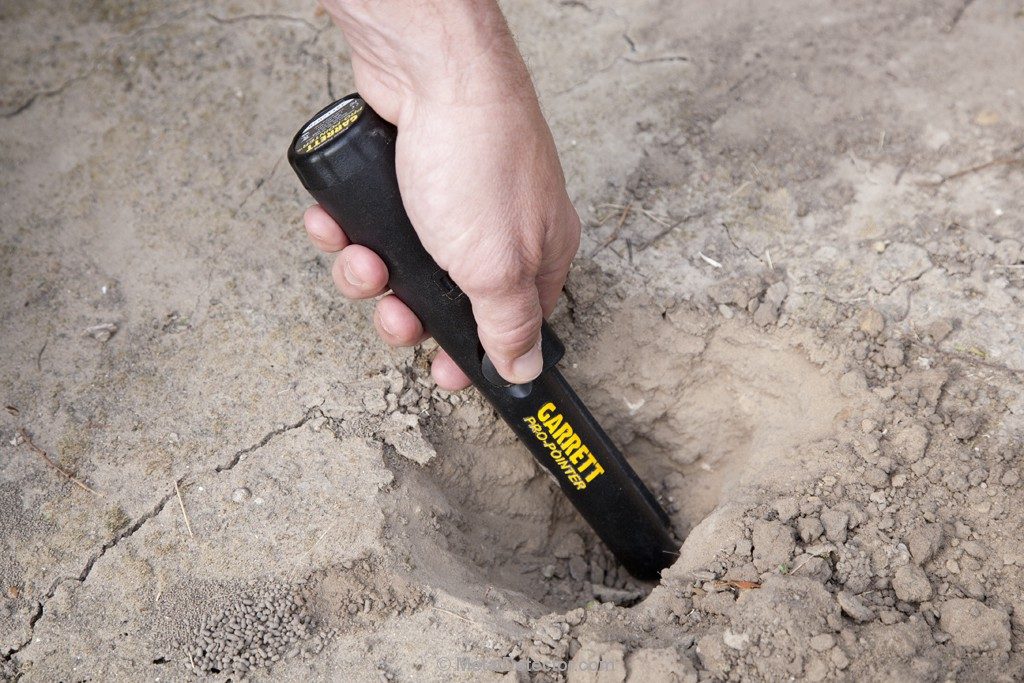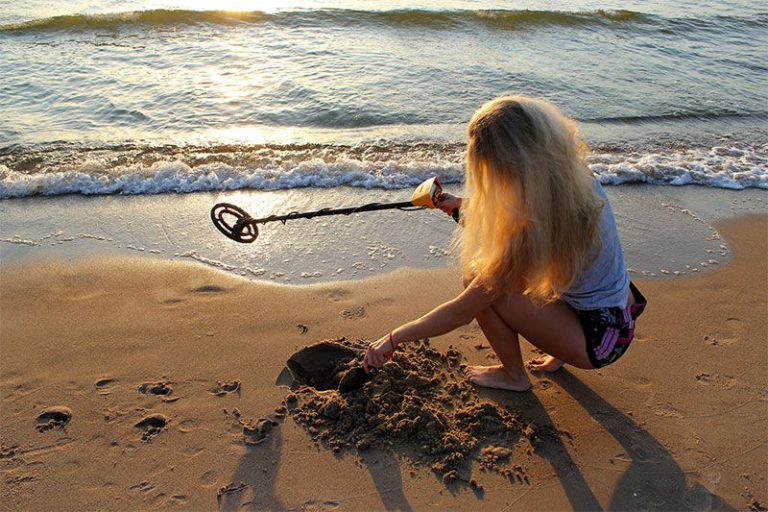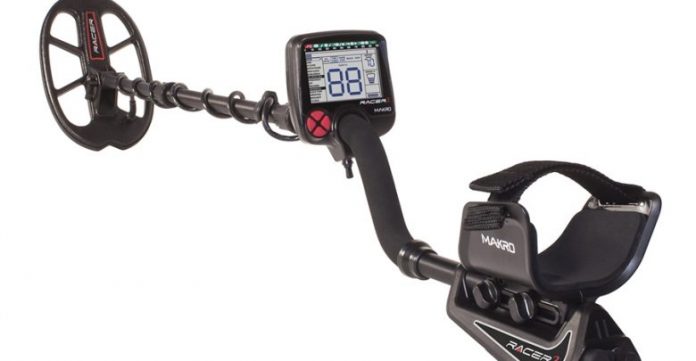Best entry level metal detector etiquette – One of the most important things that someone new to a particular hobby can do is learn the do’s and don’ts involved. With best entry level metal detector this is particularly important because the hobby frequently puts hobbyists in contact with the public where fine lines exist between what is legal and what may have someone on the wrong side of the law.
Finding and Securing Access for Metal Detecting
Trespassing on private property is number one of the list of things not to do with best entry level metal detector. Always get permission, preferably in written form, from the property owner before heading out to do any metal detecting. Once there, treat the owner’s property with respect so that future hobbyists might still have the opportunity to search there. Leave gates as found, whether open or closed, and take care not to damage property.
Before metal detecting on public lands with best entry level metal detector, be aware of local rules and regulations. Check with city or state park managers to see what their policy on metal detecting is. In need of special permission? Draft a letter to the appropriate official explaining the hobby and ask for formal permission. Joining a local metal detecting club can also have the added benefit of members only hunts.
Low Impact Metal Detecting
The digging of holes is a necessary evil in metal detecting, but there are ways to make it less destructive. Always carry a small scrap of ground cloth along with the best entry level metal detector and use it to place the initial divot and dirt from the hole upon. The ground cloth also allows hobbyists to spread out the dirt a bit in their search for hidden treasures without losing anything. Once finished, carefully replace the dirt and divot.
Always be respectful in all aspects of the hobby. Try not to disturb or taunt wildlife and livestock, don’t contaminate water sources, and pick up and remove trash. If a previous hobbyist has done a poor job of filling in a dig location, take a minute to tidy things up. Adopt a policy of Leave No Trace.
Metal Detecting and the Public
Recognize that some items have important historical significance and should be shared with others. When uncovering a potential artifact contact the proper authorities so that the item can be retrieved by persons trained in proper preservation techniques and put on display.

When encountering the public, always remain polite in answering questions and focus on the positive aspects of metal detecting. If asked to leave a property, do so without question and avoid confrontation. The rights of the property owner outweigh the needs and desires of the person wishing to hunt for treasure. The best thing that hobbyists can do for metal detecting is to present it in a positive light so that future generations will have the opportunity to enjoy it as well with their own best entry level metal detector.
How to Hunt for Meteorites with Best Entry Level Metal Detector
Meteorites are naturally occurring objects that fall from space and survive striking the earth. Even though every year hundreds of thousands of meteors probably fall into Earth’s atmosphere, most do not survive to become a meteorite. Of the meteorites that land on Earth, most disintegrate due to the fast oxidizing of their iron content, so even though meteorites are everywhere, only a few are found. Knowing where to look and possessing the right tools can increase the odds for anyone looking for a meteorite.
Tools of Meteorite Hunting
These tools will help with locating a meteorite in the field:
Metal Detector: Meteorites contain a high amount of iron which can usually be detected by a good quality metal detector. Detectors that are made for gold-collecting hobbyists, such as the Gold Bug series by Fisher, work well for meteorite hunting.
Neodymium magnet: Neodymium is a rare earth metal. A neodymium magnet is much stronger than conventional magnets and can potentially lift a thousand times its own weight. Because of the high iron content in most meteorites, neodymium magnets will be attracted to them and smaller meteorites can even be lifted off the ground using the neodymium magnet. The magnet can be attached to the end of a golf club or a metal stick, which can then be used to tap at potential meteorites and save a collector from having to bend over all the time.
GPS unit: A GPS device is very useful for keeping track of where you are and for documenting the location of a found meteorite. The location is very important because it provides information for meteorite researchers and for collectors who want to know where a piece was found.
Places to Look for Meteorites
Meteorites deteriorate quickly in moist conditions, so it is difficult to find them in forests and other regions with a lot of rainfall. Arid areas and regions of previously known falls yield better results. Many federal and state lands have rules and regulations regarding or prohibiting the collection of meteorites and permission must be obtained before setting out to collect meteorites on private property. Good places to hunt include:
Dry desert basins: Areas that are described as deserts are good places to find meteorites because there is little weathering due to the dry conditions. Meteorites also stand out in flat dried desert lake pans since other rocks are usually not present. Desert conditions also reduce the amount of ground cover that could be hiding meteorites.

Strewnfields from previous falls: Often times, meteorites will fall over a large area and many meteorite fragments will lie around for decades uncollected. Some strewnfields, like the one from the Wisconsin meteorite fall of 2010, can stretch for several miles or more. Proper research into past major meteorite falls will reveal areas that meteorites are more likely to be found.
Meteorite Searching Techniques
The best way to find meteorites is to sweep an area using a metal detector while making sure that every portion of the ground is covered in the search. Meteorites, and especially iron meteorites, should set off the metal detector and the neodymium will help pick up the meteorite. The location should be noted down in the GPS after a potential meteorite is discovered. Until a collector is familiar with how meteorites look, most potential meteorites that are found should be taken home and sent out for testing.
Meteorite Collecting as a Hobby
With all the proper tools and the right locations, meteorite collecting becomes an interesting and sometimes frustrating hobby. It is a form of treasure hunting that will bring a collector to exotic remote destinations with the chance to find something literally out of this world.





